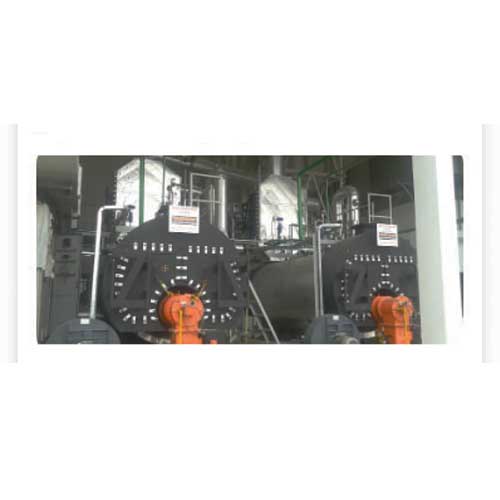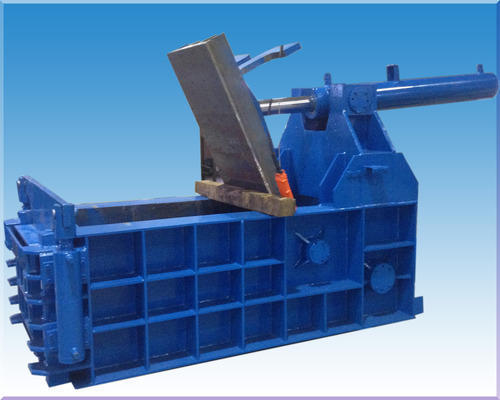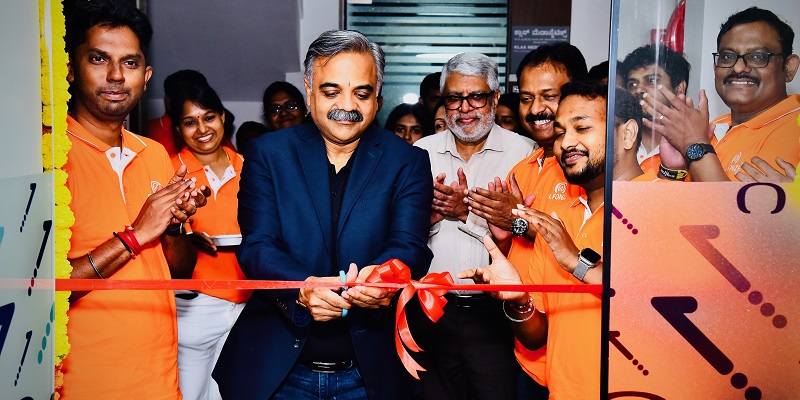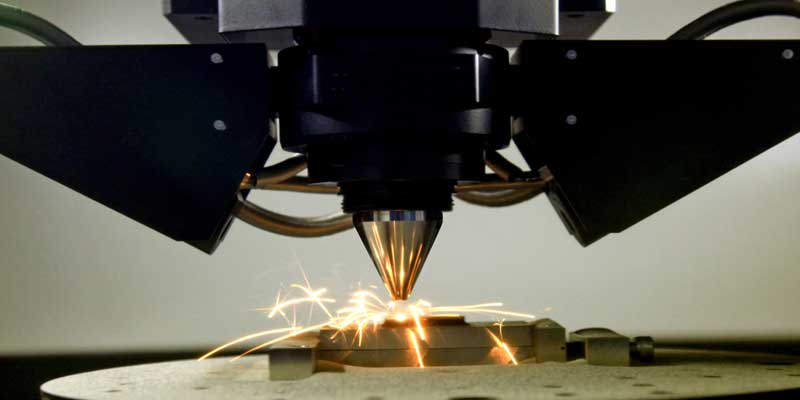Schedule a Call Back
Fluid power industry: Aiding 'smart' growth
 Technical Articles
Technical Articles- Feb 01,18

Related Stories

Enterprises should not rush to adopt disruptive technologies
Automation is helping organisations rise to the challenge of doing more with shrinking resources and budgets.
Read more
Fluid power industry: Aiding 'smart' growth
With the buzz word being ‘smart’, Dr S Prasanna Kumar deliberates on disruptive technologies that would contribute to the growth of fluid power technology
Read moreIIIT-Hyderabad unveils report on disruptive technologies
The International Institute of Information Technology, Hyderabad (IIIT-H) , in association with TalentSprint, unveiled a report on “Demand for expertise in disruptive technologies amo..
Read moreRelated Products

Power Conversion Systems
POM Systems & Services Pvt Ltd offers a wide range of
PCS power conversion systems energy storage.

Hot Water Generators
Transparent Energy Systems Private Limited offers a wide range of Hot water generators - Aquawarm Superplus.

Scrap Baling Press
Fluid Power Machines offers hydraulic scrap baling press. Read more













